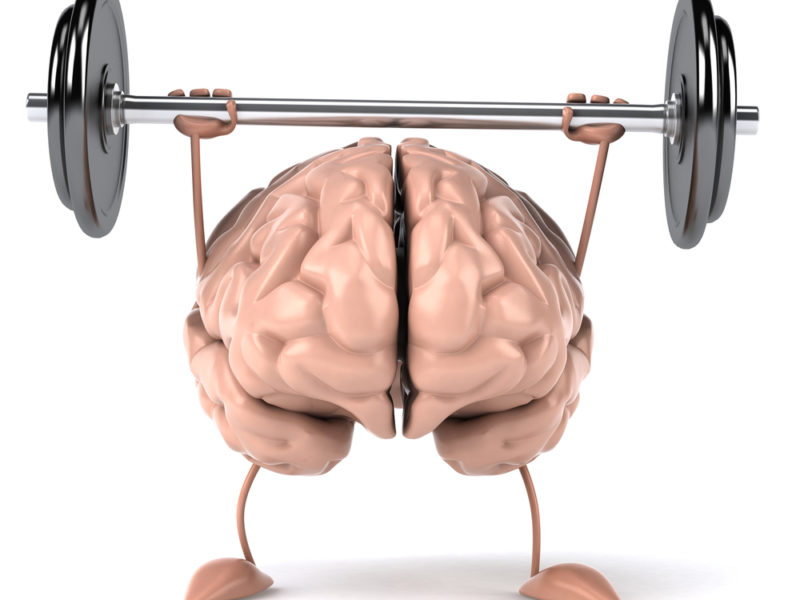Every brain changes with age, and mental function changes along with it. Mental decline is common, and it’s one of the most feared consequences of aging. But cognitive impairment is not inevitable. Here are 12 ways you can help reduce your risk of age-related memory loss.
- Get mental stimulation
brainy activities stimulate new connections between nerve cells and may even help the brain generate new cells, developing neurological “plasticity” and building up a functional reserve that provides a hedge against future cell loss. Any mentally stimulating activity should help to build up your brain. Read, take courses, try “mental gymnastics,” such as word puzzles or math problems Experiment with things that require manual dexterity as well as mental effort, such as drawing, painting, music and other crafts. - Get physical exercise
Research shows that using your muscles may also help your mind.. Exercise also spurs the development of new nerve cells and increases the connections between brain cells (synapses). This results in brains that are more efficient, plastic, and adaptive, which translates into better performance in aging animals. Exercise also lowers blood pressure, improves cholesterol levels, fights diabetes, and reduces mental stress, all of which can help your brain as well as your heart. - Improve your diet
Good nutrition can help your mind as well as your body. Here are some specifics:
Keep your calories in check. a reduced caloric intake has been linked to a lower risk of mental decline in old age.
Eat the right foods. That means reducing your consumption of saturated fat and cholesterol from animal sources and of trans-fatty acids from partially hydrogenated vegetable oils.
Remember your Bs. Three B vitamins, folic acid, B6, and B12, can help lower your homocysteine levels, high levels of which have been linked to an increased risk of dementia. Fortified cereal, other grains, and leafy green vegetables are good sources of B vitamins.
- Improve your blood pressure
High blood pressure in midlife increases the risk of cognitive decline in old age. Use lifestyle modification to keep your pressure as low as possible. Stay lean, exercise regularly, limit your alcohol to two drinks a day, reduce stress, and eat right. - Improve your blood sugar
Diabetes is an important risk factor for dementia. You can fight diabetes by eating right, exercising regularly, and staying lean. But if your blood sugar stays high, you’ll need medication to achieve good control. - Improve your cholesterol
High levels of LDL (“bad”) cholesterol increase the risk of dementia, as do low levels of HDL (“good”) cholesterol. Diet, exercise, weight control, and avoiding tobacco will go a long way toward improving your cholesterol levels. But if you need more help, ask your doctor about medication. - Care for your emotions
People who are anxious, depressed, sleep-deprived, or exhausted tend to score poorly on cognitive function tests. Poor scores don’t necessarily predict an increased risk of cognitive decline in old age, but good mental health and restful sleep are certainly important goals. - Protect your head
You may be surprised to learn that moderate to severe head injuries early in life increase the risk of cognitive impairment in old age. Concussions increase risk by a factor of 10. - Build social networks
Strong social ties have been associated with lower blood pressure and longer life expectancies. - Practice meditation to decrease stress.
- Take up cognitive training exercises.
You can take up playing chess, learning a new language, or juggling. And playing boardgames can stimulate your thinking, as well as your hand-eye coordination. You can even do something simple like learn a new direction to drive to work, type or scroll with the opposite hand, or combine your senses by eating while listening to music with your eyes closed.
- Exercise your body — for your brain.
Walk outdoors where the terrain isn’t predictable, so that you’re perfecting your balance and working your foot-eye coordination at the same time. Yoga or tai chi also enable you to practice coordination, flow of movement, balance and the engagement of different muscle groups. And don’t forget to fit in some aerobic exercise as well, getting your heart rate up for at least 15 minutes a few times a week.
- Limit Sugar intake.
A diet high in sugar can be harmful to the brain, inducing inflammation, oxidative stress and poor insulin regulation.
Your goal, therefore, is to follow a diet that helps you improve insulin sensitivity and reduce inflammation. This means eating fish, some meat, a lot of vegetables, some nuts and seeds, some fruit and very little grains.
- Nourish your brain with antioxidants.
Add lot of antioxidants like green tea, fresh fruits, nuts etc in your diet.
- Sleep on it.
We’ve all had that moment when we’re sleep-deprived and can’t remember where we put the keys or what we went into the kitchen to get. You can’t fully operate when you’re sleep-deprived — and this includes your cognitive skills, memory and ability to think clearly or communicate.

